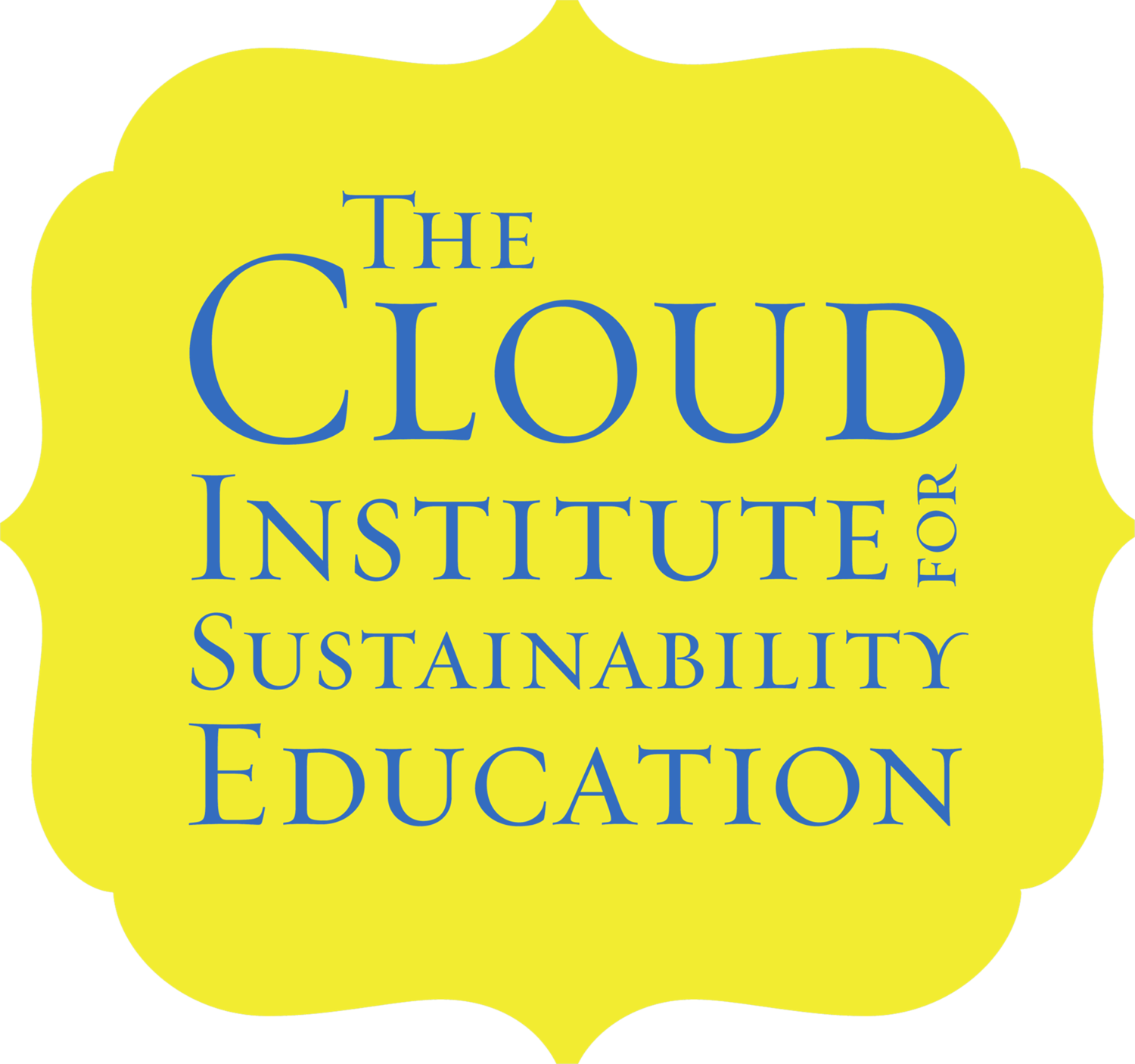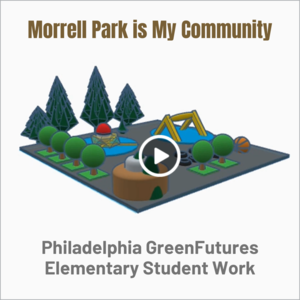Report on K-12 Climate Change Education Needs in NJ
/In June 2020, New Jersey became the first state in the U.S. to incorporate K-12 climate change education across content areas when the State Board of Education adopted the 2020 New Jersey Student Learning Standards. Jaimie Cloud is a member of the Thought Leader Committee for this report.
New Jersey First Lady Tammy Murphy was a strong supporter of this initiative, and praised the State Board for its action. “The adoption of these standards is much more than an added educational requirement; it is a symbol of a partnership between generations,” said Murphy in a statement.
Read More


















